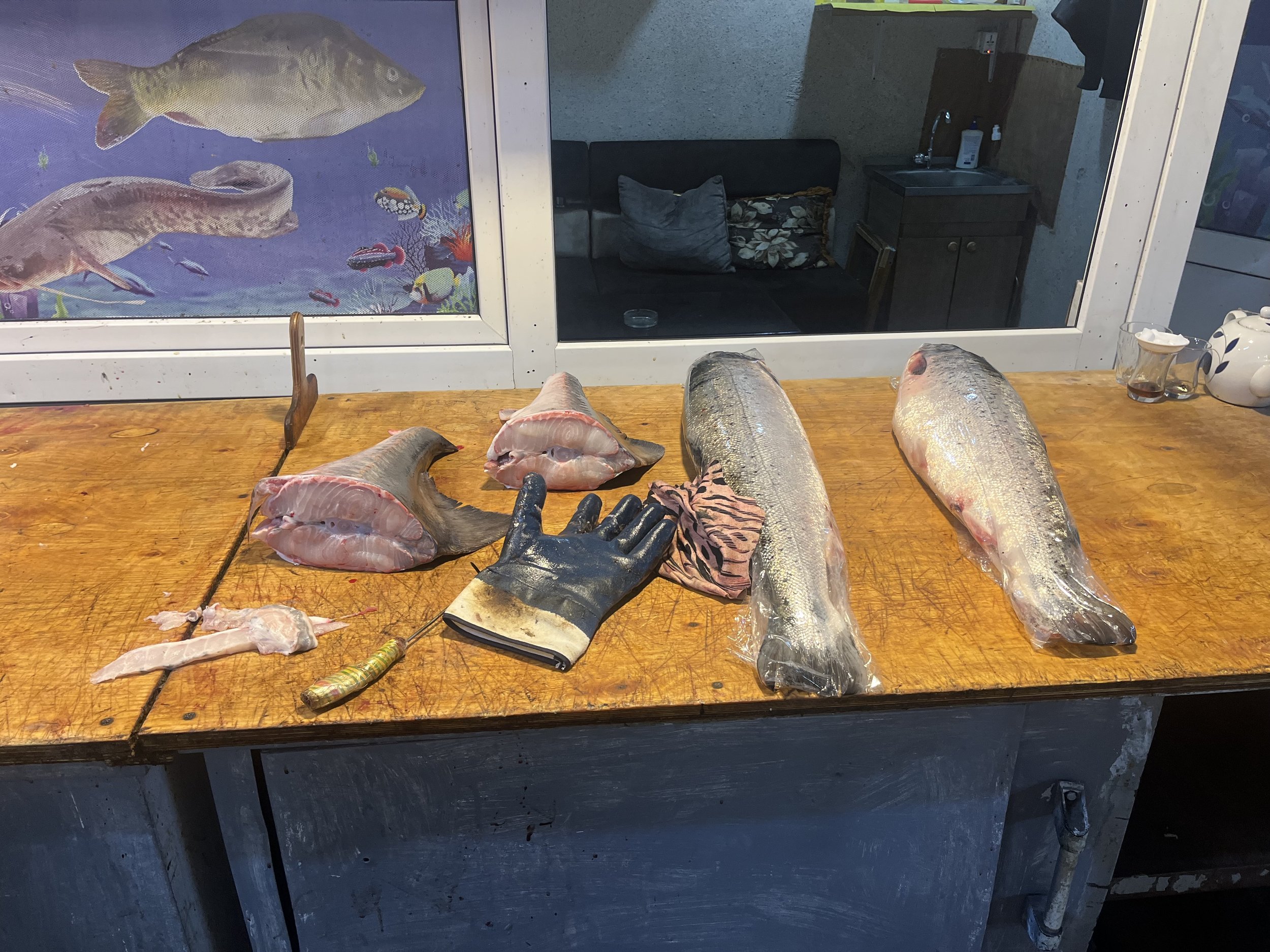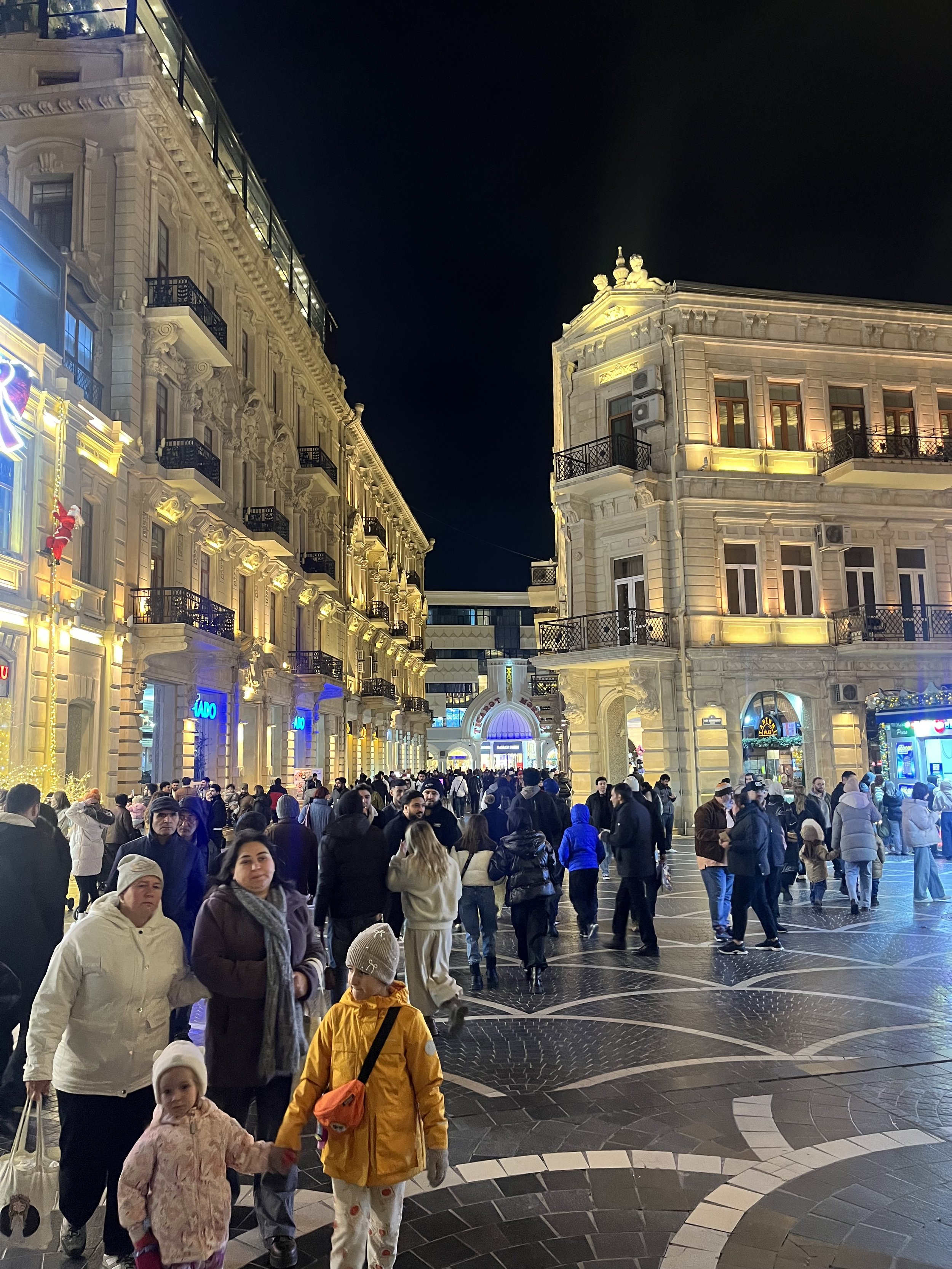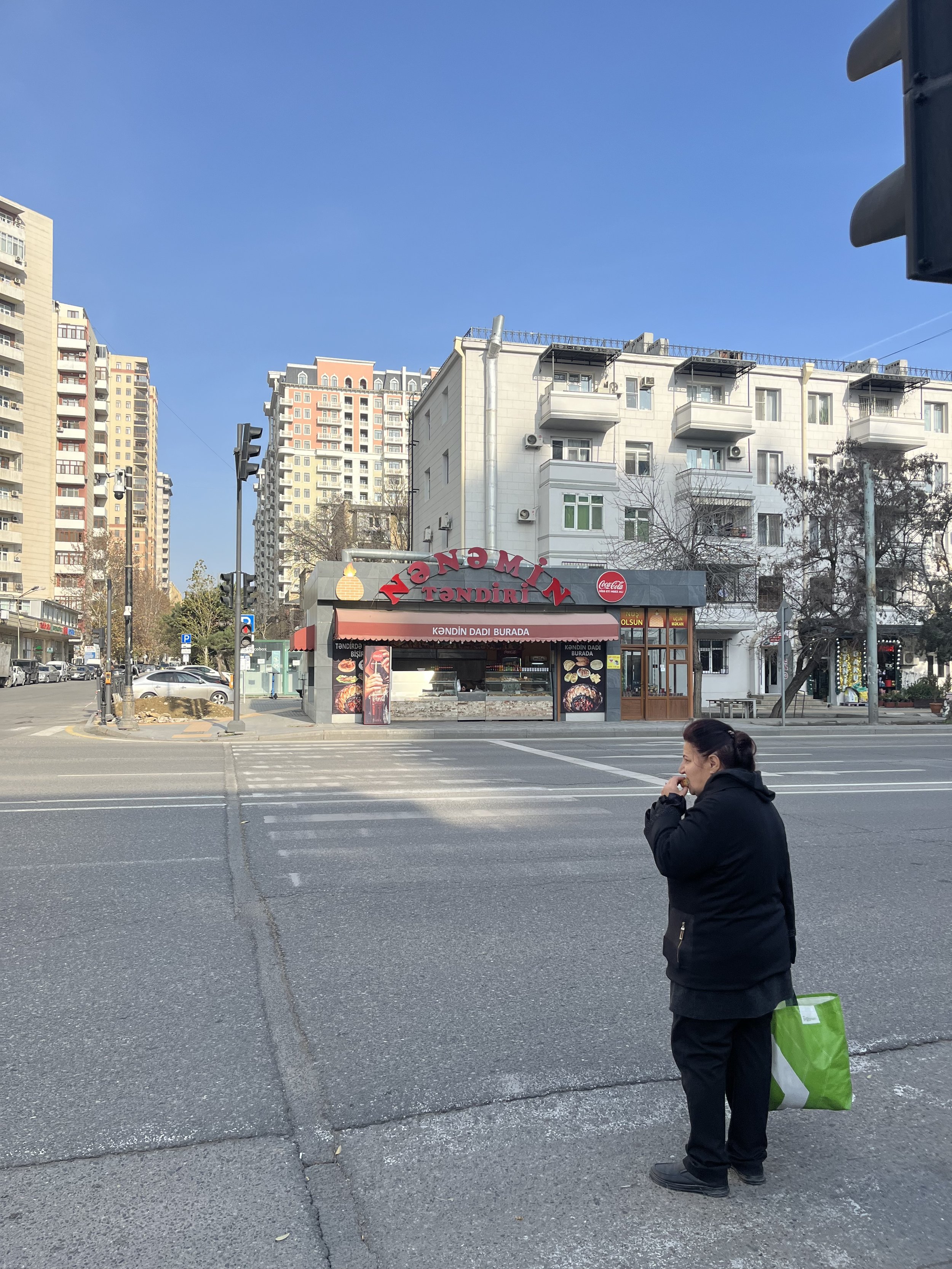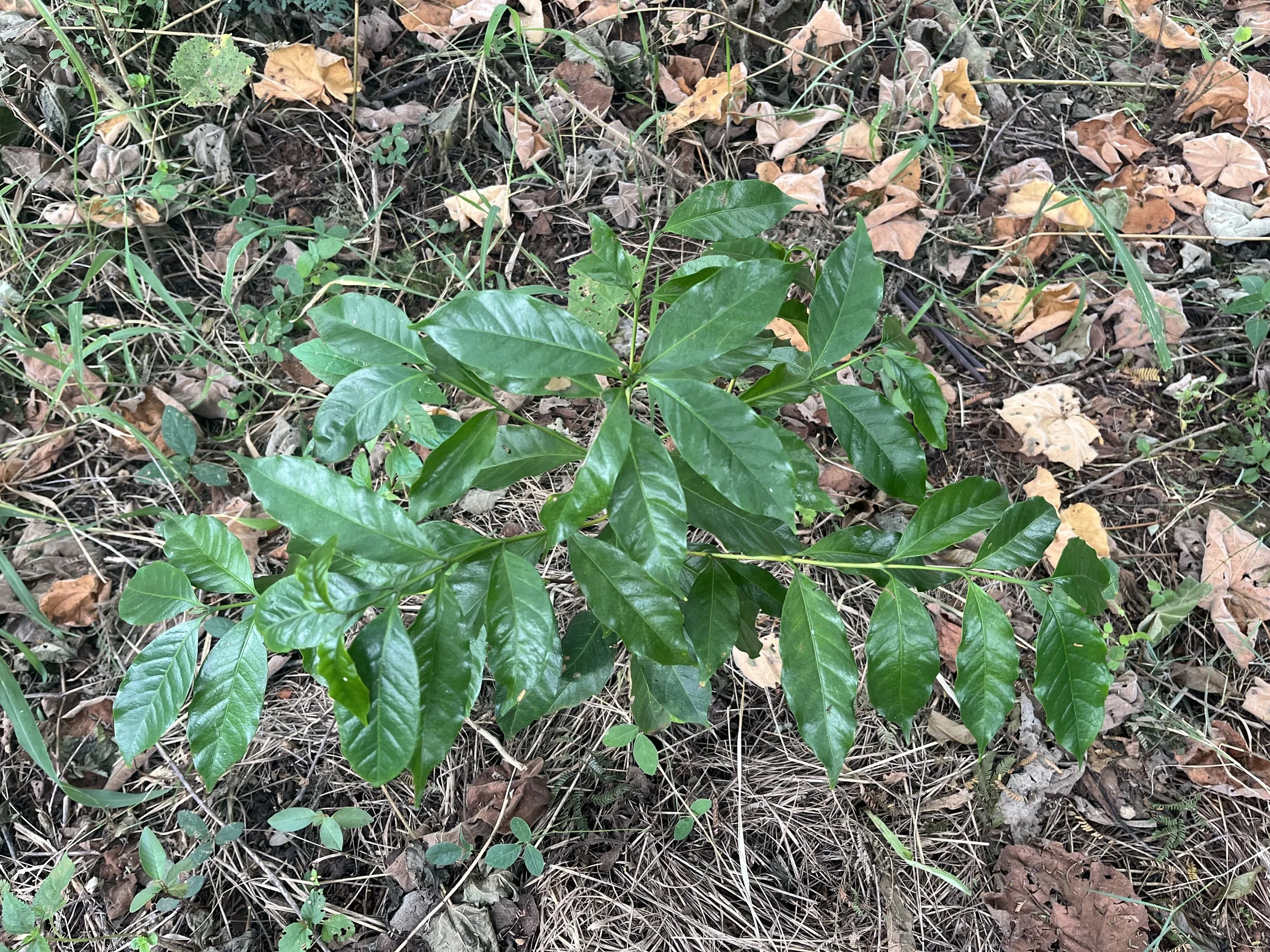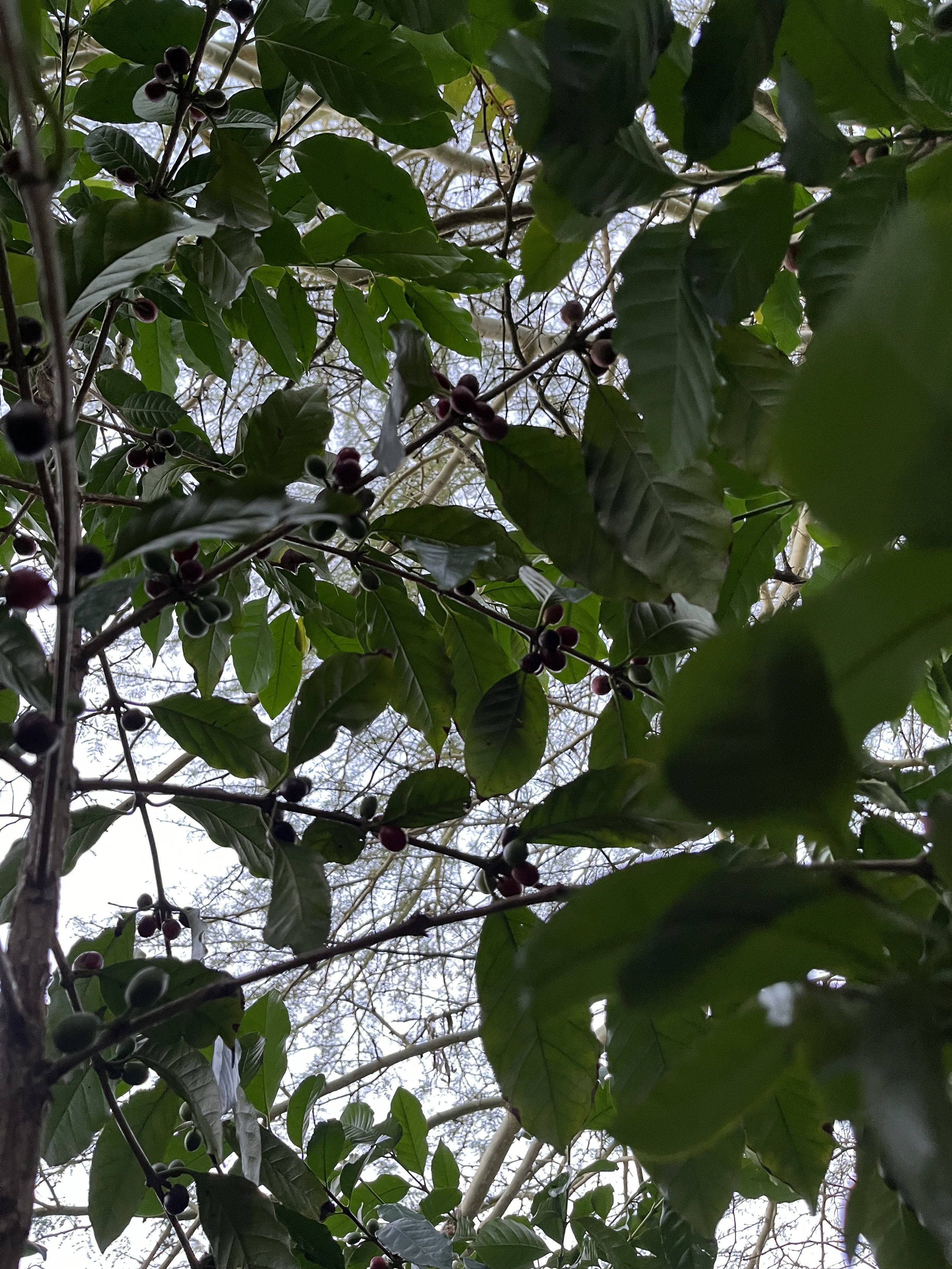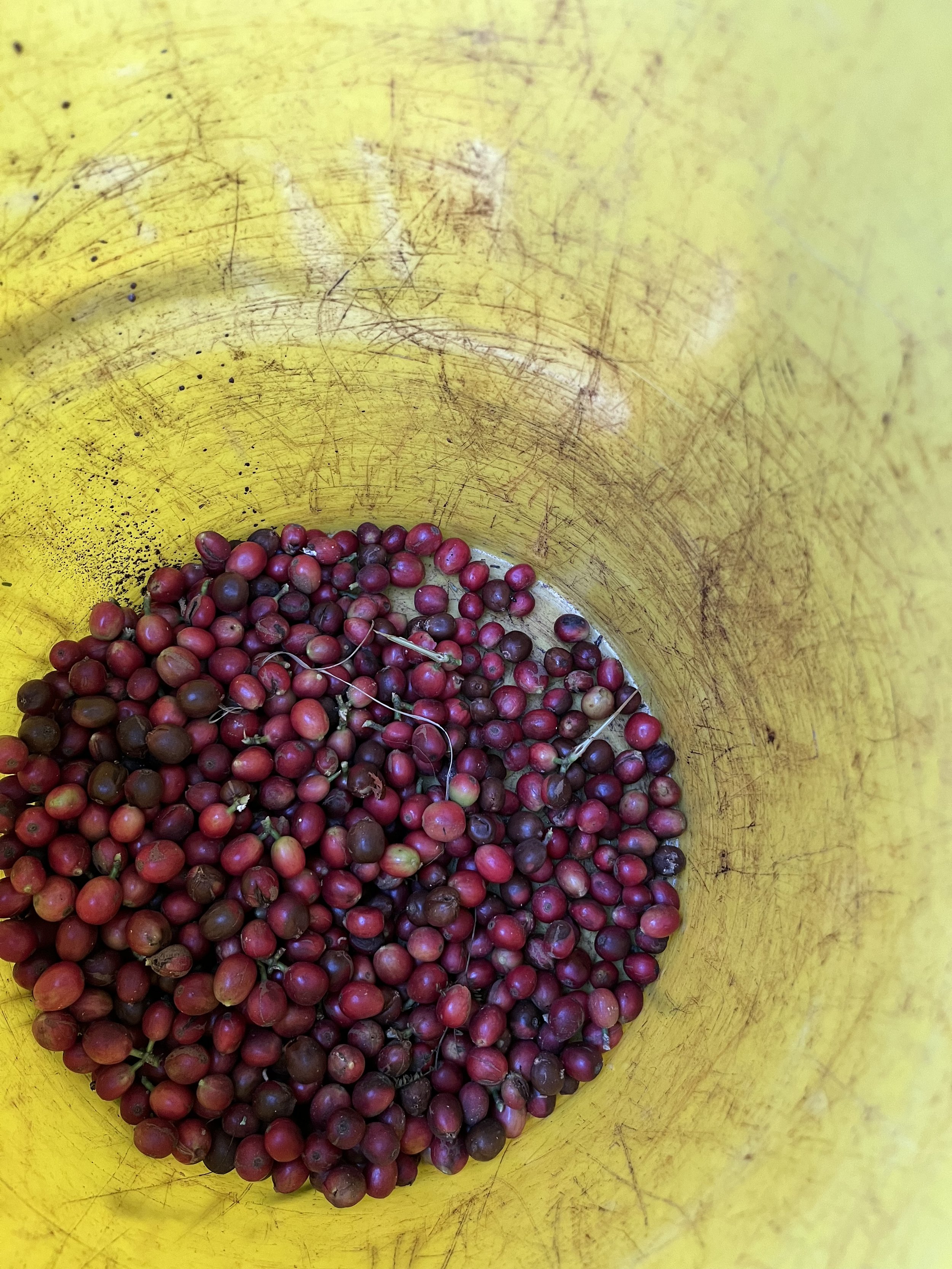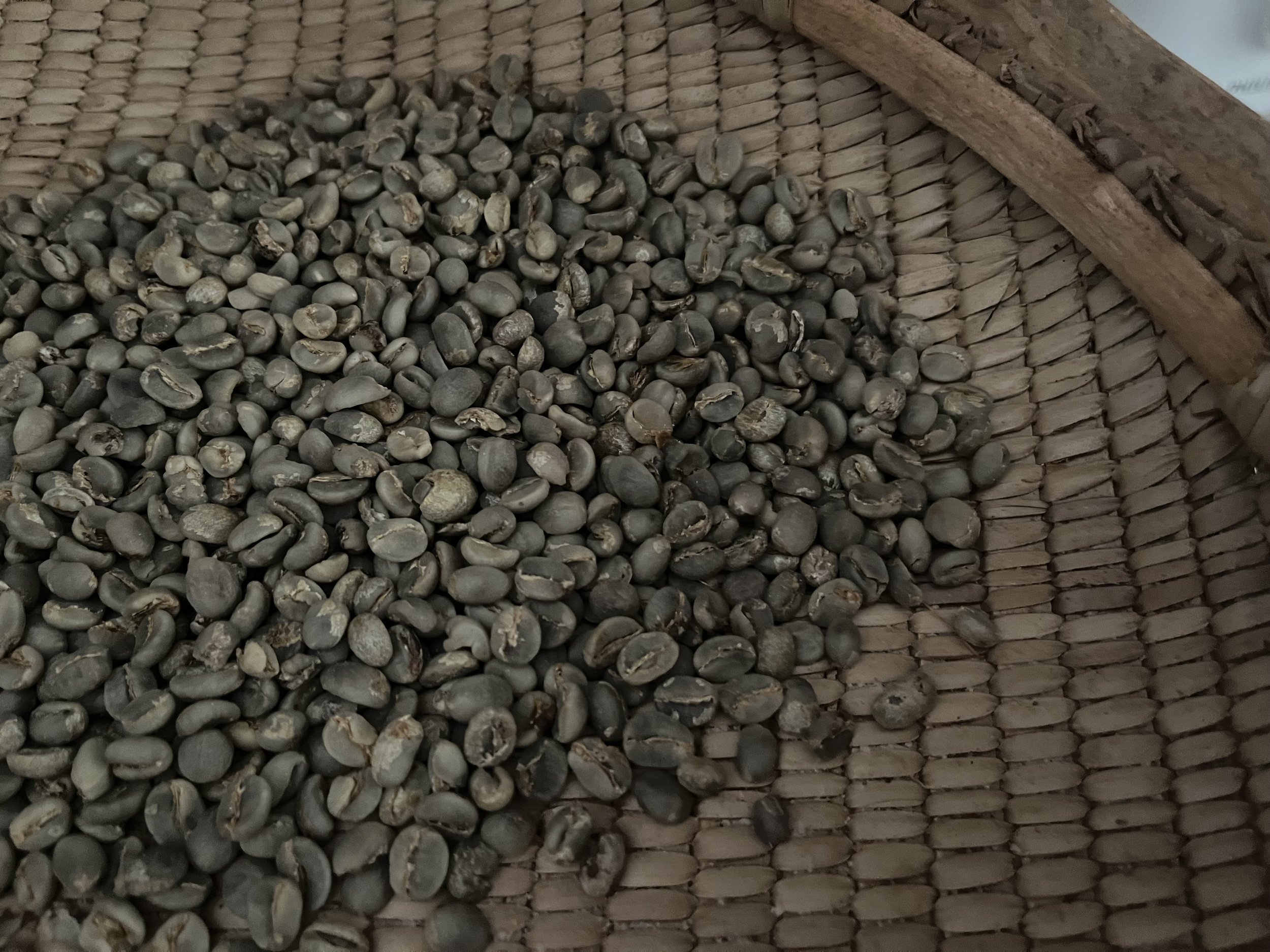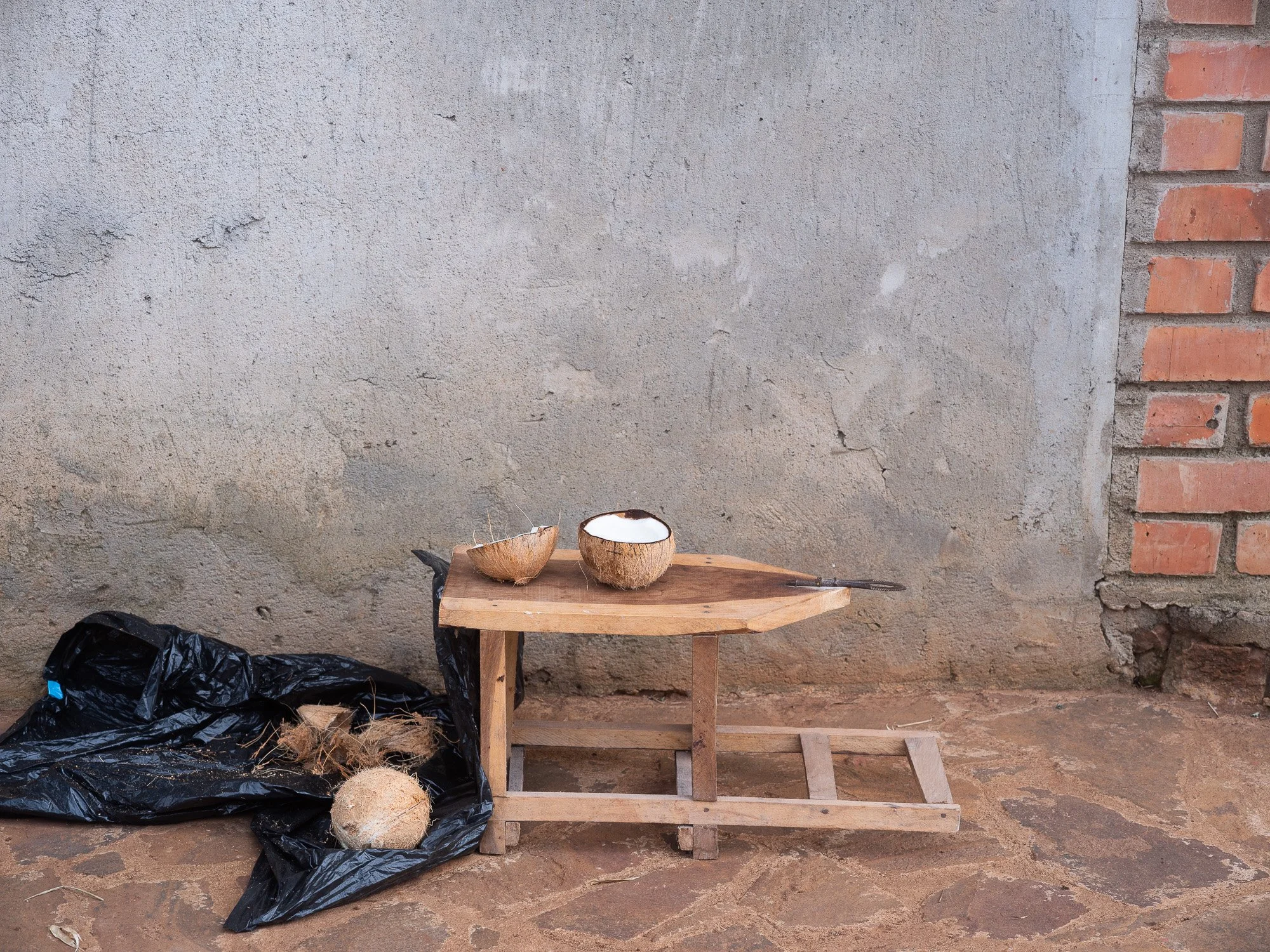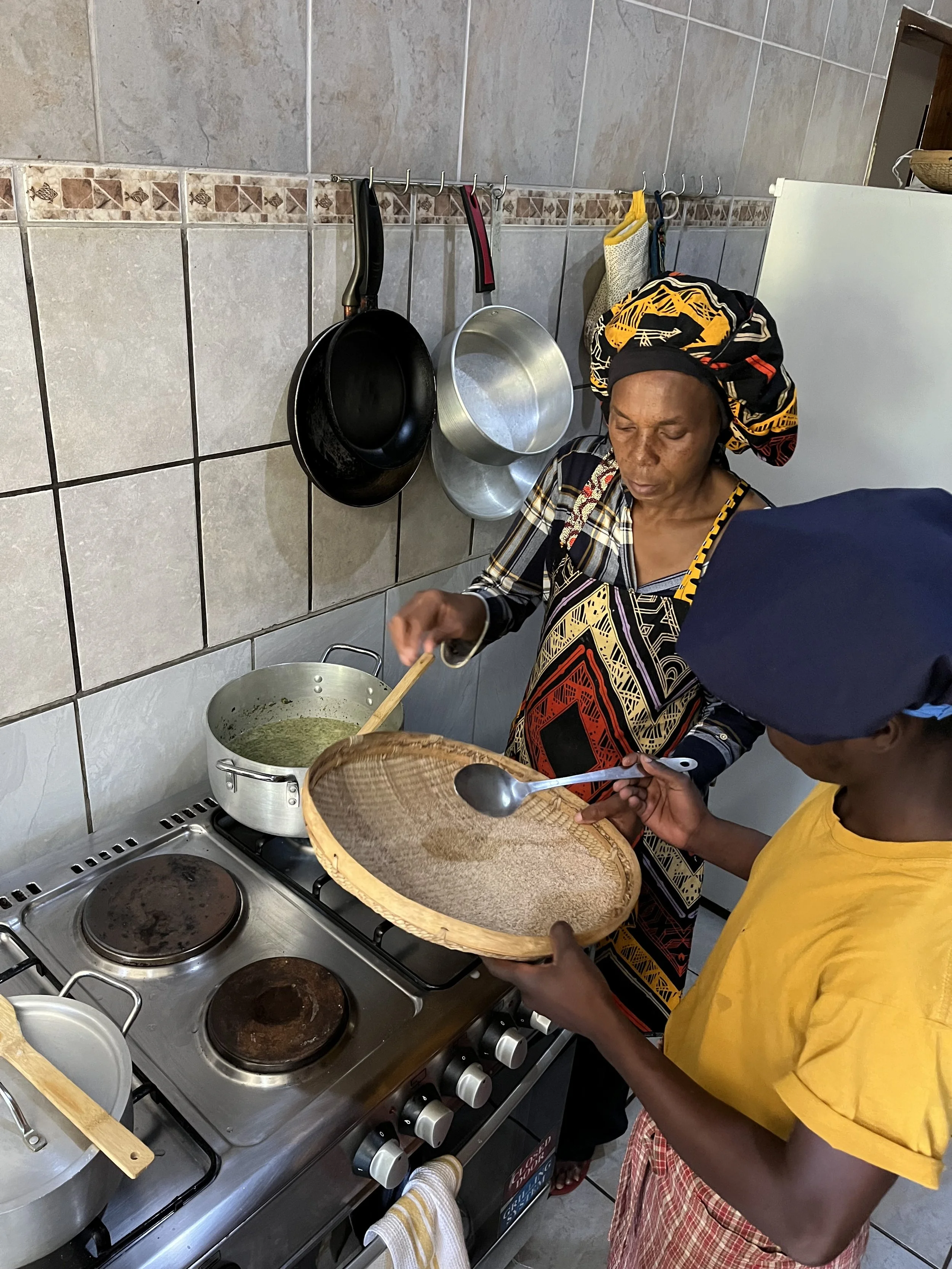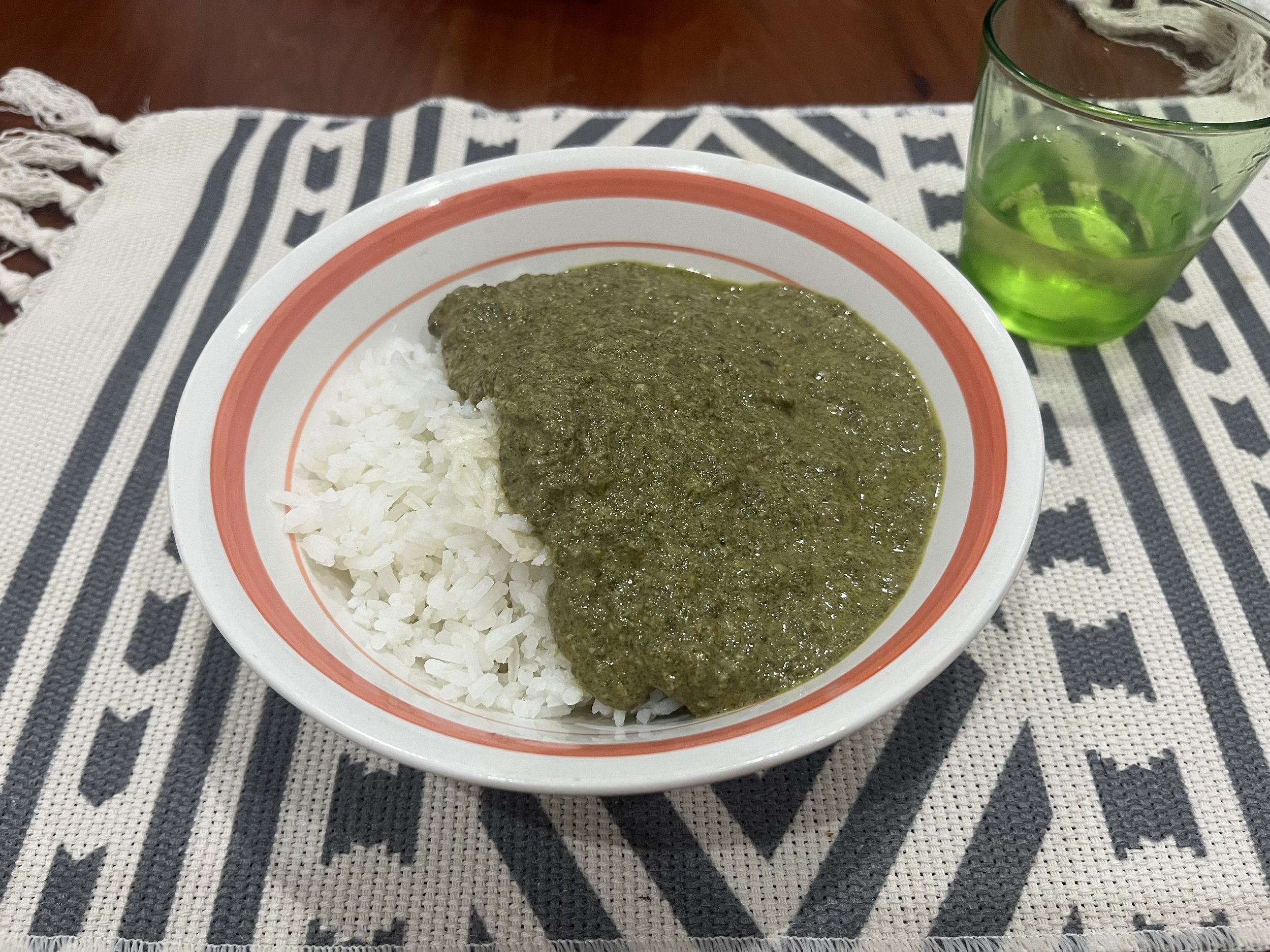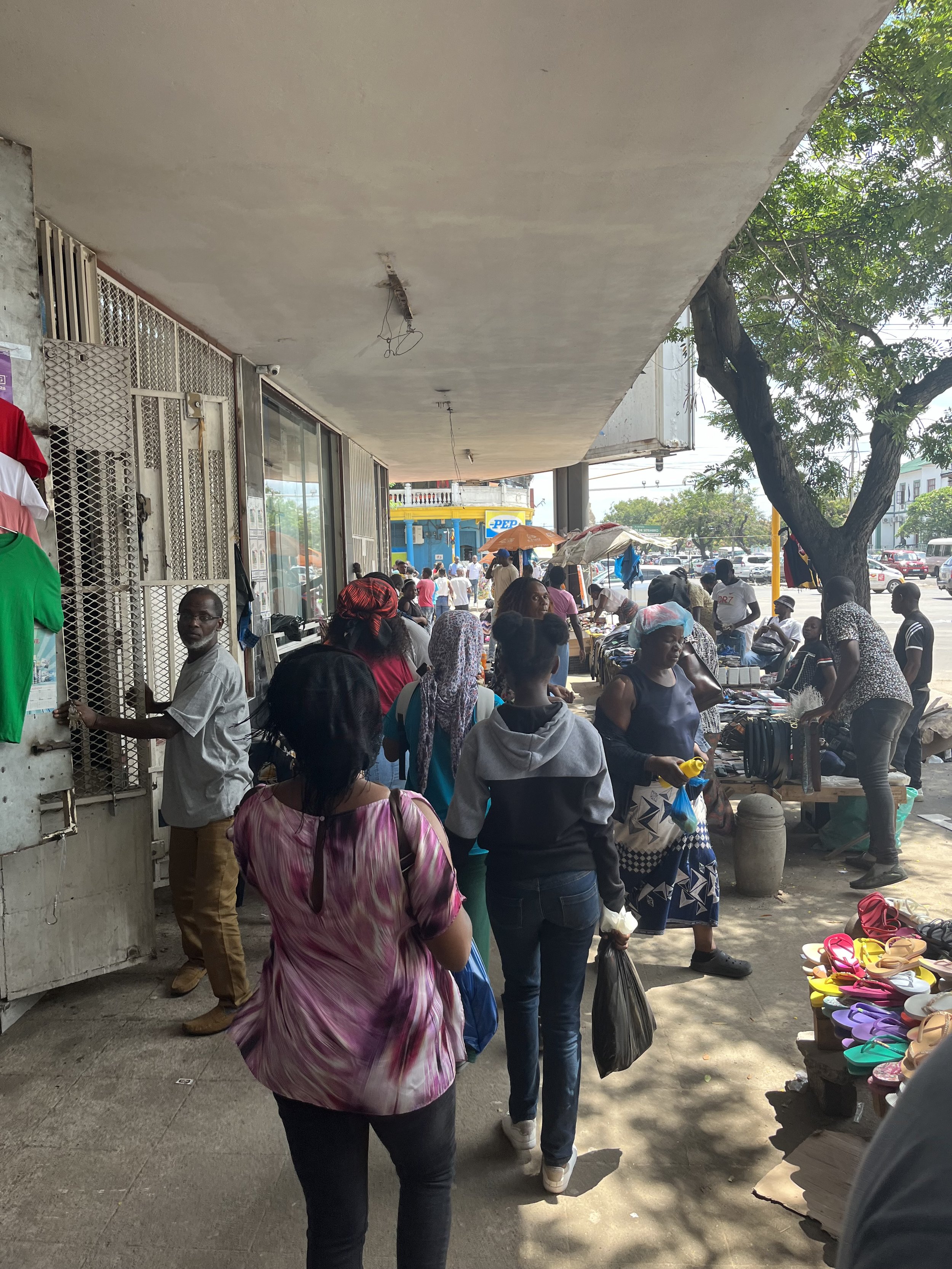(Scroll down to read in English)
今日はひとつ、大事なご報告を。
5月に日本に一旦、本帰国します。
今までの様に一時帰国ではなく、「一旦、本帰国」です。
なぜかというと、なんと、6月末に妻が出産予定です。
念願の、第一子。
高齢出産、不安もあるし、どうなるかわからない。
どうなったとしても、受け入れる覚悟を持ち、そしてどうか健康に産まれてきてくれることをただ願っている。
妻は今、とても健康で順調にお腹も大きくなっている。
最近は胎動も激しく、ぽこぽこ、ぐるぐる、色々な動きに、驚き、喜んでいる日々。
他人の赤ちゃんは何度も見ているけど、自分の赤ちゃん、その小さな命が今妻のお腹にいる、想像してもとても不思議。
自分が父になる、数ヶ月後には家に赤ちゃんが居ると想像しても、不思議。
どんな気持ちになるのか、どんな生活になるのか。
想像したところで、たぶんその通りにはならないので、意味はないのに、考えちゃう。
たったいま、妻のお腹の中で羊水を通じて呼吸して鼓動を打っているものがいる。
妻が食べたものから養分をとって、日々成長している。
すごいなあ。。。
そしてその間、自分たちも、周りの人たちも、毎秒毎秒、成長(老化)している。
瞬間瞬間を大切に生きようと思う。
今暮らしているバクーの街並。ここでの生活もあと1ヶ月 / Cityscape of Baku. 1 more month left to live here
ということで、日本。
私が日本にちゃんと住むのは、父島を出て、東京都内の実家に戻り、モザンビークに出発した2021年6月以来。
妻においてはさらに長く10年以上ぶりの日本生活。
もちろんとてつもない安心感もある一方、不安もある。
ルールの縛りが緩い海外での生活が長いので、日本のちゃんとしたルールのある社会では、きっとストレスを感じることもあると思う。
日本の夏の暑さもこわい。
ラーメン屋とコンビニの誘惑もこわい。
ご飯が美味しすぎて太っちゃうんじゃないかとこわい。
とにかく誘惑が多いんです、東京は。
新しいチャレンジとして子育てというものも出てくる。
日本生活、子育て生活という新しいチャレンジ。
パキスタンで生まれ、親猫に育児放棄されたところを妻に拾われ、その後モザンビーク、アゼルバイジャンと付き添ってくれている猫(チャイ6歳)も日本に初上陸する予定。
実は今、慢性腎臓病の治療をしている。
私たち人間の都合で多大なストレスを与えてしまっていて申し訳ない気持ちでいっぱい。
そして元気に日本に来てもらえる様に最善を尽くしている。
がんばれ、チャイさん。
出産は、私の実家のある東京都心の病院でして、その後は、ゆったりと暮らすために、ちょっと郊外に住む予定。
住宅探しが帰国直後の大きな課題。
新しい場所に住むのは、ワクワクする。
今までは日本に帰ったとしても最長1ヶ月だったので、この機会にたくさんの人と会えることを楽しみにしている。
もしかしたら日本で仕事するかもしれないし、他にも今は想像もできない機会に出会うかもしれない。
知っている人も知らない人も、たくさんの人と繋がる機会にしたい。
子育ても含め、新しいことにチャレンジする機会にしたい。
そんな時間も余裕も無くなってしまうのかもしれないけど。
何が起きても夫婦、家族で助け合って楽しんでいきたい。
妻は産休という形で今回日本に帰る。
ここまで国連での仕事を続けてきているが、昨今のアメリカの動向により、国連での仕事には今大きな不透明感がある。
ということで産休後、彼女の仕事がどうなるかも不透明。
若いうちに海外に行けるだけ行こうというのが我々夫婦の基本方針だが、状況によっては日本に留まる選択をするかもしれない。
様々な選択肢を吟味して、子供や猫のことも考えて、二人でフットワーク軽く動いていければと考えている。
これまでも子供は欲しかったが、なかなかできない中で、夫婦二人でチャレンジングなことをたくさんしてきた。
パキスタンと小笠原の遠距離をしたり、二人でモザンビークに行ったり、と思ったらミャンマーとモザンビークでの遠距離になったり、モザンビークで起業し、一緒に住んだり、と思ったらアゼルバイジャンとモザンビークでの遠距離になったり、アゼルバイジャンで同居したり。
今回、子供がもし無事産まれれば、子育てが人生の中心にくる。
自分だけでなく、家族にとってもまた一つ、大きな転機。
そして海外でも子育ては可能だし、仕事など、暮らしていける基盤を築ければ、海外もチャレンジしたいと考えている。
どうなることやら!
まずは今、残り1ヶ月、日本に帰る準備をしっかりしながら、そして健康管理をしながら、アゼルバイジャンでの生活を夫婦で全力で楽しむ。
先週末は、夫婦でアゼルバイジャンの古都、シェキに行ってきた。
素晴らしい場所だった。
これについても追々書くのでお楽しみに。
歴史あるシェキの街並 / Historical city of Sheki in Azerbaijan
I have an important announcement to make today.
I will be returning to Japan in May.
This is not a temporary return, but a semi-permanent one.
The reason for this is that my wife is due to give birth at the end of June.
It's our long-awaited first child.
My wife is 40 years old and its a late-bearing child.
Of course we are a bit worried and we don't know what to expect.
But whatever happens, we’re prepared to accept it, and we just hope that the baby to be born healthy.
My wife is very healthy at the moment and her belly is growing bigger everyday. Recently, the baby has been moving a lot and we are surprised and delighted each time by the various movements - bumping, rolling, and god knows what he/she is up to inside lol.
I've seen other people's babies many times, but it's still very strange to imagine that my own baby, that tiny life, is in my wife's belly right now.
It's also strange to imagine that I'll be a father, and that in a few months' time there will be a baby in our house.
I wonder what it will be like, what our life will be like.
Even though it's pointless to think about it because it probably won't turn out exactly as I imagine, I can't help but think about it.
Right now, there is something inside my wife's belly that is breathing and beating through the fluid.
It is growing day by day, taking in nutrients from my wife.
Unbelievable…
And in the meantime, we ourselves and the people around us are growing (and ageing) every second, too.
Reminding ourselves to live each moment to the fullest.
So, Japan.
I haven't lived in Japan properly since June 2021, when I left Chichijima, returned to my parents' house in Tokyo, and then left for Mozambique.
For my wife, it's been even longer - over 10 years.
Of course, while there is a tremendous sense of comfort for going back to Japan, there are also worries.
Having lived for so long abroad where the rules are very relaxed, we think we will probably feel some stress in Japanese society where rules are pretty strict and properly imposed.
I'm also scared of the heat of the Japanese summer.
The temptation of numerous ramen shops and “konbini (convenience stores)” is also a worry.
I'm worried that I'll put on weight from eating too much delicious food.
There are just so many temptations in Tokyo.
And of course, there will also be a new challenge of raising a child.
Chai, a cat born in Pakistan which was abandoned by her mother and rescued by my wife and since accompanied us to Mozambique and Azerbaijan, is also bound to make her first landing in Japan.
She is currently being treated for chronic kidney disease.
We feel so sorry for the stress we've caused her by our life cirumstances.
We're doing our best to make sure she can come to Japan in good health.
We are planning to deliver the baby at a hospital in the centre of Tokyo, where my parents live, and afterwords we're planning to move to the suburbs to live a more relaxed life.
Finding a new house is a big task for us straight after we get back.
It's exciting to be moving to a new place though.
I'm also looking forward to this opportunity to meet lots of people in Japan.
I might even get a job in Japan, or I might encounter other opportunities that I can't even imagine right now.
I want to make the most of this opportunity to connect with lots of people, both people I know and people I don't know.
While raising a newborn child would become a big new challenge in my life, I also want to manage my time to try other new things as much as possible.
Whatever happens, I want to enjoy this time with my wife and family.
My wife is returning to Japan on a maternity leave.
She has continued to work at the UN up until now, but due to the recent developments in the US, there is a great deal of uncertainty about her future work at the UN.
So, after her maternity leave, it is not clear whether she is going back to another UN job.
Our basic “policy” as a couple is to go abroad as much as we can while we are young, but depending on the situation, we may choose to stay longer in Japan.
We will always be considering various options, putting our child and cat in consideration, and we are willing to go abroad anytime if there are good opportunities and conditions.
We've always wanted to have a child, and while it hasn't been realised, we've been able to do a lot of challenging things as a couple.
Starting from long distances between Pakistan and Chichijima (Japan), we've lived in Mozambique together, until suddenly turned into long distances between Myanmar and Mozambique, then started a business in Mozambique and lived together there for a while, then again turned into long distances between Mozambique and Azerbaijan, and now we’re again living together in Azerbaijan.
If the baby is born, raising the child would become the core of our lives.
This is another major turning point not only for myself but for my family.
If we can create a good environment for raising our child and earning a living, we would like to try going overseas.
We'll see how it goes!
For now, we're enjoying our last month in Azerbaijan to the fullest, while preparing our return to Japan and taking care of our health.
Last weekend, we visited Sheki, an ancient city in Azerbaijan.
It was a wonderful place.
I'll write about the experience in detail later, so please look forward to it.





